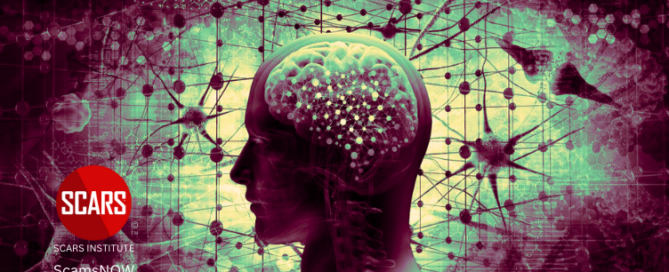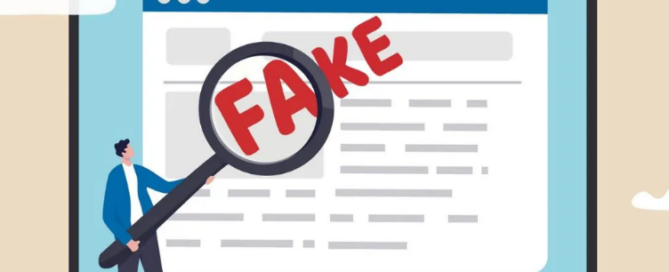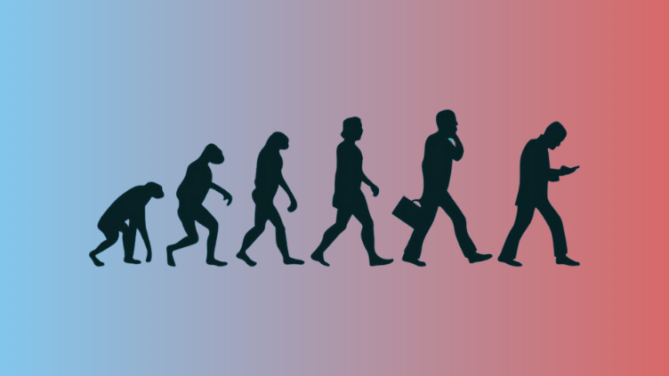Subliminal Messaging and Scams – A Deeper Look – 2024
Subliminal Messaging and Scams – A Deeper Look
How Scammer’s Subliminal Messaging Works on the Brain of Scam Victims: An In-Depth Exploration
Part 2 of a 2-Part Series – Part 1 is on RomanceScamsNOW.com
Primary Category: Psychology of Scams
Authors:
• Vianey Gonzalez B.Sc(Psych) – Licensed Psychologist Specialty in Crime Victim Trauma Therapy, Neuropsychologist, Certified Deception Professional, Psychology Advisory Panel & Director of the Society of Citizens Against Relationship Scams Inc.
• Tim McGuinness, Ph.D. – Anthropologist, Scientist, Director of the Society of Citizens Against Relationship Scams Inc.
About This Article
Subliminal messaging works by presenting stimuli—whether visual or auditory—that are below the threshold of conscious awareness, meaning they are perceived subconsciously. The brain processes these inputs using sensory systems like the visual and auditory cortices, while regions such as the amygdala and hippocampus handle emotional responses and memory integration.
These subliminal messages can influence thoughts, emotions, and behaviors by activating existing associations or “priming” the brain for specific actions. Scammers use these techniques to manipulate victims in relationship scams, embedding subtle emotional triggers in their communication to deepen control.










































